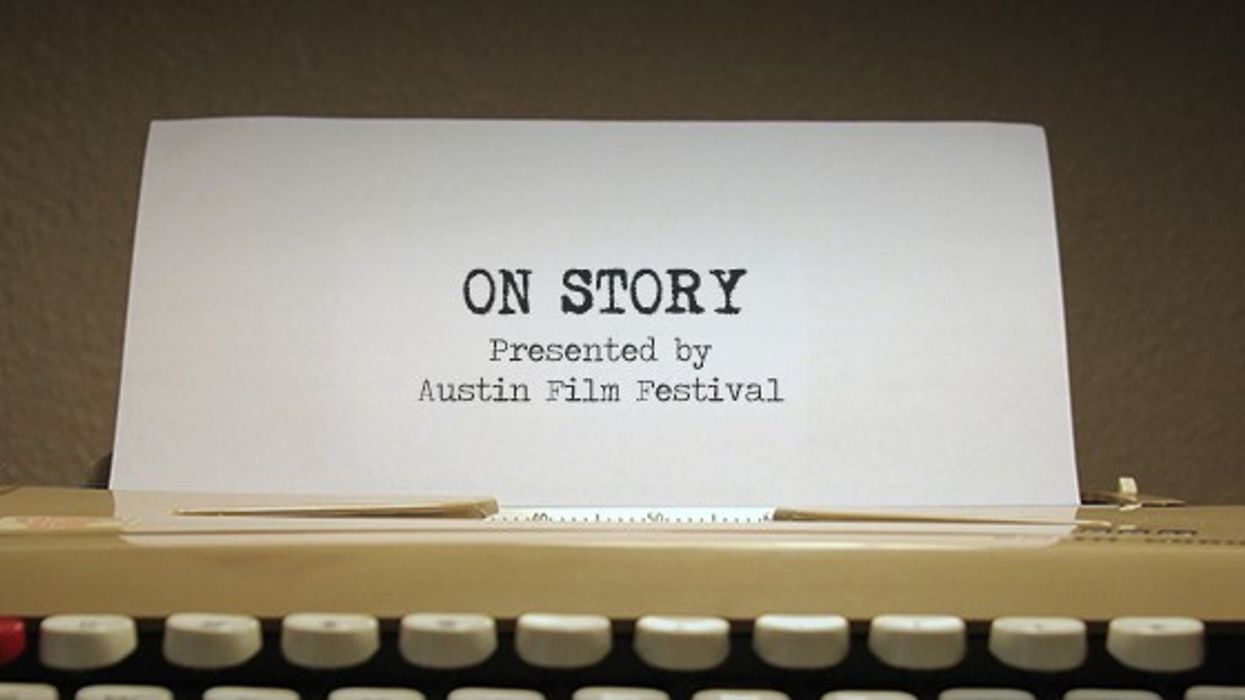Screenwriter Ted Tally on Staying Ahead of Your Audience and Other Gems in 'On Story'

If you haven't already discovered Austin Film Festival's PBS show On Story (about which we've posted before), you're missing out on a treasure trove of excellent videos from former AFF panels with screenwriters and directors. In the most recent episode, Ted Tally, Academy Award winning screenwriter of The Silence of the Lambs, shares some gems about how he discovered Thomas Harris' novel, staying ahead of your audience and collaborating with Jonathan Demme on this classic film.
Here's the full episode from PBS station KLRU in Austin:
One of my favorite parts during this episode starts at the 4:40 mark when Tally talks about staying ahead of the audience. He introduces the concept by saying:
It’s a constant mind game that you’re playing with the audience, a game of trying to anticipate their expectations and surprise them. Jonathan Demme says, ‘It’s better to confuse the audience for a couple of minutes than to bore them for a couple of seconds.’ You always want to be a little ahead of them, but not so far ahead of them that it seems snarky.
Tally continues by discussing the ending of The Silence of the Lambs when Clarice Starling (Jodie Foster) enters the home of Jame Gumb (Ted Levine), pointing out that the audience knows exactly where Clarice is, but she doesn't have a clue yet, so how is this scene going to unfold? Then, Clarice gets a clue when she sees the moth land, and suddenly Clarice knows exactly where she is and who Jame Gumb is, but Jame Gumb doesn't have a clue yet, so now how is the scene going to unfold?
As screenwriters, we need to give our audiences a lot of credit. They don't need everything spelled out along the way, but they need pieces of the story to come together at just the right moments so they not only engage with the story but also crave to know what happens next. If the scene you have just written makes it painfully obvious what is about to happen next, maybe you need to rework that scene. Or, even better, flip the audience's expectations and follow that scene up with something completely opposite of what they so obviously expected -- just make sure that you stay true to your story.
How do you stay one step ahead of your audience when writing your script? Have you discovered tell-tale signs that you're revealing too much? Share with the NFS community in the comments.
Also, watch the full episode of On Story above to catch a clever short from AFF 2011, In the Middle, written and directed by Thomas Ward, who introduces the short, describing his inspiration for writing the film. You can see more episodes of On Story at KLRU's website.
Link: Ted Tally, Austin Film Festival's On Story











